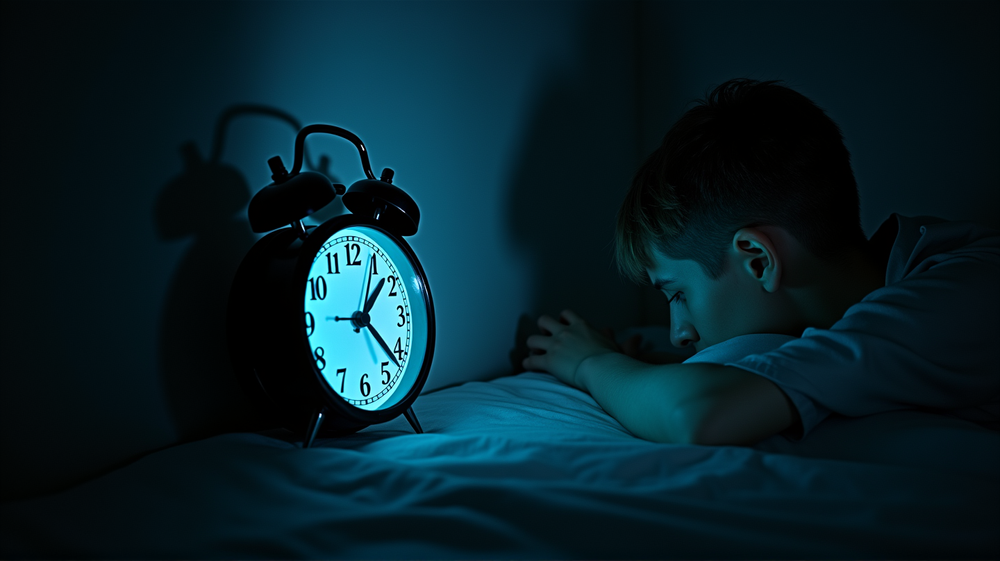Unlocking the Night: Personality Traits that Lead to Bedtime Procrastination
Delving into the Night
In the quiet hours under the moonlit sky, where silence often surrounds us, bedtime procrastination quietly slips through many young adults’ nightly rituals. A new study presented at the SLEEP 2025 annual meeting illuminates the intricate relationship between specific personality traits and the tendency to delay bedtime, shedding light on an often overlooked aspect of mental well-being.
The Emotional Scaffolding Behind Procrastination
According to recent findings by Steven Carlson from the University of Utah, bedtime procrastination isn’t merely a result of poor time management. The study unveils a deeper connection to personality traits—particular those like heightened neuroticism and lower levels of conscientiousness and extraversion. Individuals struggling with procrastination often harbor depressive tendencies, framing their nightly habits in an aura of negative emotions and diminishing the joys of engaging activities. The shadows of anxiety and negative affect linger heavily, tainting the tranquility that nighttime promises.
The Impact of Emotional Health
The implications of these findings extend beyond sleep patterns. As Carlson articulated, “Bedtime procrastination is not only associated with poor planning, low self-discipline, and time management problems but also due to difficulties managing negative affect and anxiety before bed.” The emotional landscape of these procrastinators is marred by a reluctance or perhaps an inability to embrace positive emotional experiences.
A Bridge to Better Sleep
Recognizing these patterns unveils new avenues for intervention. By targeting emotional health, there is potential to alleviate the widespread issue of bedtime procrastination. Addressing depressive tendencies and anxiety through therapeutic measures could usher in improved sleep health, fostering a more positive nighttime routine and enriching overall well-being.
The Future Horizon
This study invites us to consider bedtime procrastination as an indicator of deeper psychological patterns. With a continuity of research in emotional health and sleep, perhaps one day, young adults everywhere will find solace in a restful night’s sleep without the nagging allure of procrastination.
As the findings suggest, the path to alleviating bedtime procrastination lies in nurturing our emotional health—a realization that beckons young adults to courageously face their night, embracing a journey of self-discovery, as per the insights shared at the SLEEP 2025 annual meeting. According to Newswise, these insights are paving innovative pathways in addressing sleep health.




